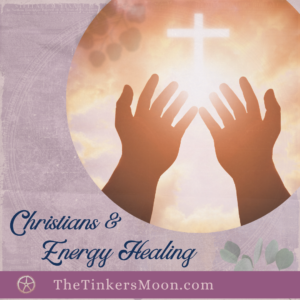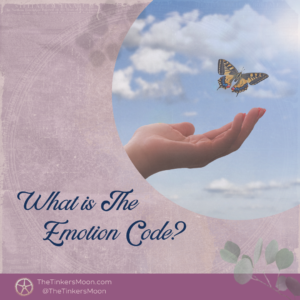Is Stress Disturbing Your Sleep?
Sometimes our fast-paced, high-stress world sets the stage for sleep to be far less effective than we need it to be. Our bodies and subconscious rely on getting a good night’s sleep much more than you may realize. A great deal of rejuvenation takes place during those periods of deep sleep, and if we aren’t getting them, some of those repair processes are left undone.
When our bodies are fully relaxed and in a deep state of sleep, our muscles are also relaxed and the blood passes through the circulatory system more easily and becomes more fully oxygenated as it passes through the lungs (this removes carbon dioxide from the blood). The cells of the body need oxygen to be fully functional.
Our brains need oxygenated blood for quick thinking and clarity of thought. This is part of the reason we feel confused or mentally sluggish if we don’t sleep well.
Our subconscious uses these periods of deep sleep to organize the external stimuli and thoughts that have been received during the day. If we don’t enter that deep sleep phase or are not in it long enough, all of the information can pile up and start to slow down or clog our thought processes.
This lack of sleep creates more stress which, in turn, reduces quality sleep and the vicious cycle begins. We know we need sleep, but we can’t sleep which creates a loop of ongoing adrenaline and keeps our body functioning on high alert. This ongoing stress can create post-traumatic stress and become debilitating.
For many, racing thoughts prevent getting or staying asleep. I don’t know about you, but my thoughts tend to play ping pong just about all night … bouncing from one unrelated thing to another until I just want to explode.
So, what can you do?
There are several medications to aid in sleep … I’ve tried many and always have trouble fully waking up in the morning. Aside from eating a diet of healthy food and reducing sugar, caffeine, and alcohol … I have found the following to be helpful:
- Listen to guided meditations just before going to bed. I especially like the ones by Jason Stephenson on YouTube. If you don’t resonate with any of those, a quick search will bring 1000s more to your fingertips.
- Turn off electronics at least an hour before bed. There is something about the blue light that is emitted from device screens that prevents our body from recognizing normal circadian rhythm.
- Many find a nice warm bath just before bed to be helpful. I especially like adding Epsom salt and essential oils to mine.
- Combining the bath with a cup of herbal tea can increase the chances of falling asleep quickly. There are many sleep blends available. Celestial Seasonings Sleepy Time is one of our favorites.
- A melatonin supplement may help to signal your body that it’s time to sleep. I recently found this one and it’s been wonderful.
- I also like the Calms Forté homeopathic remedy from Hyland’s. If you click on the link and look at the ingredients, many of them are for stress, anxiousness, and nervousness. I find that this (combined with the melatonin supplement above) helps to turn off the chatty brain. I sometimes will use it during the day if I have those racing thoughts and can’t seem to focus.
- And last, but not least, is white noise which seems to provide a little distraction for the brain and induces relaxation. I have had a fan in my room 365 days a year for as long as I can remember (pit comes in handy for hot flashes, too). My granddaughter has one of the white noise machines pictured in the link above.
I hope you’ve found some possible options in the list above. I’ve included several informational links throughout this post so you can more fully understand how this crazy sleep cycle works and what might help you get a good night’s sleep.
Energy healing/clearing sessions can also help to facilitate sleep. You can use this link to see if any of the sessions I offer might be of benefit to you.
Sleep tight, sweet dreams 🙂


